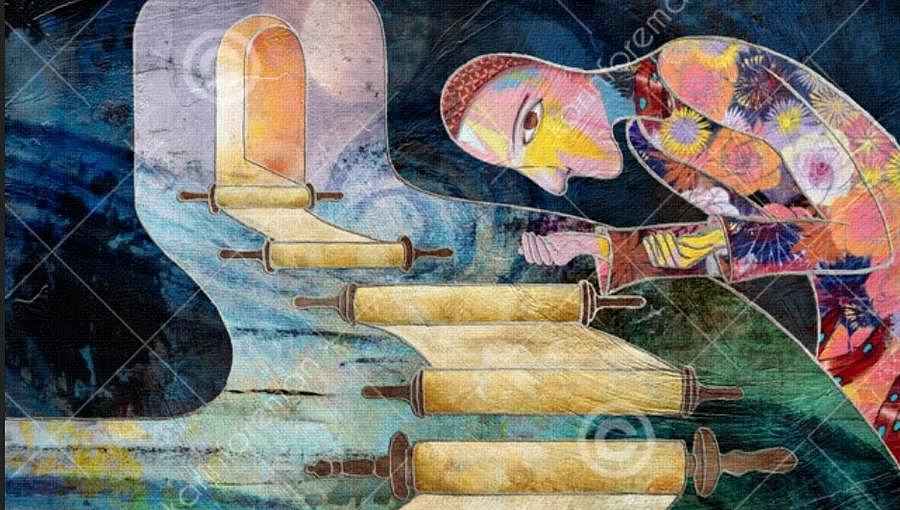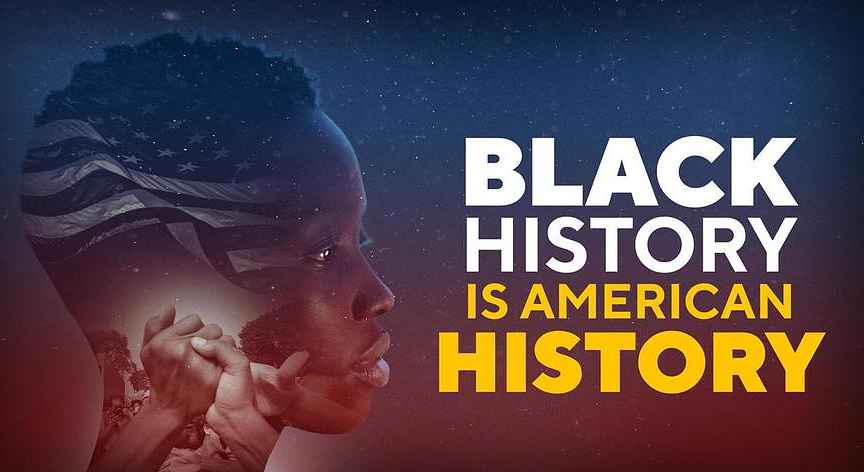





See listing of Recent and Most Popular articles on the Home Page
My World
Category: History / Topics: History
6 Myths About the History of Black People in America
by Jessica Machado and Karen Turner / VOX
Posted: February 16, 2024
Six historians weigh in on the biggest misconceptions about Black history, including the Tuskegee experiment and enslaved people’s finances…
Editor;s Note: Following is an excerpt of an article by Jssica Machado and Karen Turner that appeared on VOX. We preent the list of six myths and introductory observations. A link at the bottom of the page will take you to the full article, with much more detail, pictures, and links to other resources.
To study American history is often an exercise in learning partial truths and patriotic fables. Textbooks and curricula throughout the country continue to center the white experience, with Black people often quarantined to a short section about slavery" and quotes by Martin Luther King Jr. Many walk away from their high school history class — and through the world — with a severe lack of understanding of the history and perspective of Black people in America.
In the summer of 2019, the New York Times’s 1619 Project burst open a long-overdue conversation about how stories of Black Americans need to be told through the lens of Black Americans themselves. In this tradition,and in celebration of Black History Month,Vox has asked six Black scholars and historians about myths that perpetuate about Black history. Ultimately, understanding Black history is more than learning about the brutality and oppression Black people have endured — it’s about the ways they have fought to survive and thrive in America.
Myth 1: That enslaved people didn’t have money
Enslaved people were money. Their bodies and labor were the capital that fueled the country’s founding and wealth.
But many also had money. Enslaved people actively participated in the informal and formal market economy.
Myth 2: That Black revolutionary soldiers were patriots
Much is made about how colonial Black Americans — some free, some enslaved — fought during the American Revolution. Black revolutionary soldiers are usually called Black Patriots. But the term Patriot is reserved within revolutionary discourse to refer to the men of the 13 colonies who believed in the ideas expressed in the Declaration of Independence: that America should be an independent country, free from Britain. These persons were willing to fight for this cause, join the Continental Army, and, for their sacrifice, are forever considered Patriots. That’s why the term Black Patriot is a myth — it infers that Black and white revolutionary soldiers fought for the same reasons.
Myth 3: That Black men were injected with syphilis in the Tuskegee experiment
A dangerous myth that continues to haunt Black Americans is the belief that the government infected 600 Black men in Macon County, Alabama, with syphilis. This myth has created generations of African Americans with a healthy distrust of the American medical profession. While these men weren’t injected with syphilis, their story does illuminate an important truth: America’s medical past is steeped in racialized terror and the exploitation of Black bodies.
. . . .
Myth 4: That Black people in early Jim Crow America didn’t fight back
It is well-known that African Americans faced the constant threat of ritualistic public executions by white mobs, unpunished attacks by individuals, and police brutality in Jim Crow America. But how they responded to this is a myth that persists. In an effort to find lawful ways to address such events, some Black people made legalistic appeals to convince police and civic leaders their rights and lives should be protected. Yet the crushing weight of a hostile criminal justice system and the rigidity of the color line often muted those petitions, leaving Black people vulnerable to more mistreatment and murde
. . . .
Myth 5: That crack in the “ghetto” was the largest drug crisis of the 1980s
The bodies of people of color have a pernicious history of total exploitation and criminalization in the US. Like total war, total exploitation enlists and mobilizes the resources of mainstream society to obliterate the resources and infrastructure of the vulnerable. This has been done to Black people through a robust prison industrial complex that feeds on their vilification, incarceration, disenfranchisement, and erasure. And the crack epidemic of the late 1980s and ’90s is a clear example of this cycle.
Myth 6: That all Black people were enslaved until emancipation
One of the biggest myths about the history of Black people in America is that all were enslaved until the Emancipation Proclamation, or Juneteenth Day.
In reality, free Black and Black-white biracial communities existed in states such as Louisiana, Maryland, Virginia, and Ohio well before abolition. For example, Anthony Johnson, named Antonio the Negro on the 1625 census, was listed on this document as a servant. By 1640, he and his wife owned and managed a large plot of land in Virginia.
. . . . .
For much more detail on each myth, see the full article.
Search all articles by Jessica Machado and Karen Turner
Posted: February 16, 2024 Accessed 509 times
![]() Go to the list of most recent My World Articles
Go to the list of most recent My World Articles
![]() Search My World (You can expand the search to the entire site)
Search My World (You can expand the search to the entire site)
![]() Go to the list of Most Recent and Most Popular Articles across the site (Home Page)
Go to the list of Most Recent and Most Popular Articles across the site (Home Page)
 Loading requested view...
Loading requested view...